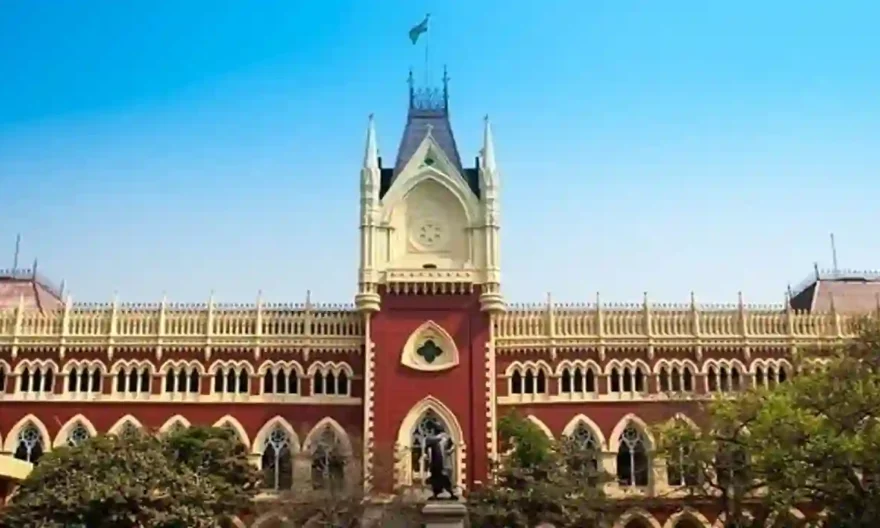
The Calcutta High Court ruled on Tuesday that the State has no authority to appoint, re-appoint, or extend the tenures of vice chancellors (VCs) of West Bengal universities.
Therefore, a division bench of Chief Justice Prakash Shrivastava and Rajarshi Bharadwaj directed the removal of nearly 29 VCs appointed or re-appointed by the West Bengal government based on amendments to the West Bengal Universities Act made in 2012 and 2014.
“Because this Court recognizes the importance of the vice-chancellorship in the university, it is critical that the vice chancellor be appointed in accordance with the law. It would not be in the interests of students or university administration to keep the concerned respondents as vice chancellors if it is discovered that they were appointed without due procedure and in violation of the provisions of the Act, and that too by an authority not competent to appoint,” the bench stated this in its 46-page judgement.
The order was passed in response to a PIL, challenging the legality of the 2012 and 2014 amendments.
Notably, the procedure prescribed by the University Grants Commission (UGC) Regulations, 2018 is that a VC be appointed by a ‘search committee’ comprised of a representative from the UGC, the State University, and also the one nominated by the Governor.
The State government changed this arrangement or procedure by amending the West Bengal Universities Law Act, which replaced the mandatory representative of the UGC with that of the State government.
With these amendments, the State continued to appoint, reappoint, and even extend the terms of several West Bengal university VCs.
Former Governor Jagdeep Dhankar had also expressed concern about the manner in which the State’s VCs were appointed.
“Once the power to reappoint or extend the tenure is vested in the chancellor and cannot be usurped by the State under the removal of difficulty clause, the State is required to show how or under which provision the State passed the order reappointing or extending the tenure of some of the VCs,” the bench noted.
In this case, the bench noted that while some of the VCs were initially appointed by the chancellor, their terms were extended by the State government without any legal authority.
“As a result, the State government’s orders extending their tenure as vice chancellor cannot be enforced. When the State has no power to appoint or reappoint the vice chancellor, the State cannot appoint the vice chancellor by giving additional charge; thus, orders passed by the State government giving additional charge of vice chancellor are also unconstitutional in law,” the bench upheld the decision.
The bench also noted that in the current case, some of the VCs did not meet the minimum qualification of 10 years’ experience as a university professor or 10 years’ expertise in a reputable research and/or administrative organisation with proof of academic leadership.
“Therefore, their appointment is contrary to the provisions of the UGC Regulations, 2018. It is also undeniable that the search committee formed for the appointment of all VCs did not include a single member nominated by the chairman, UGC, and thus their appointments are in violation of the UGC Regulations, 2018,” the bench opined.
With these observations, the bench ruled that the appointment and reappointment of 29 VCs from various universities in West Bengal was unsustainable.




